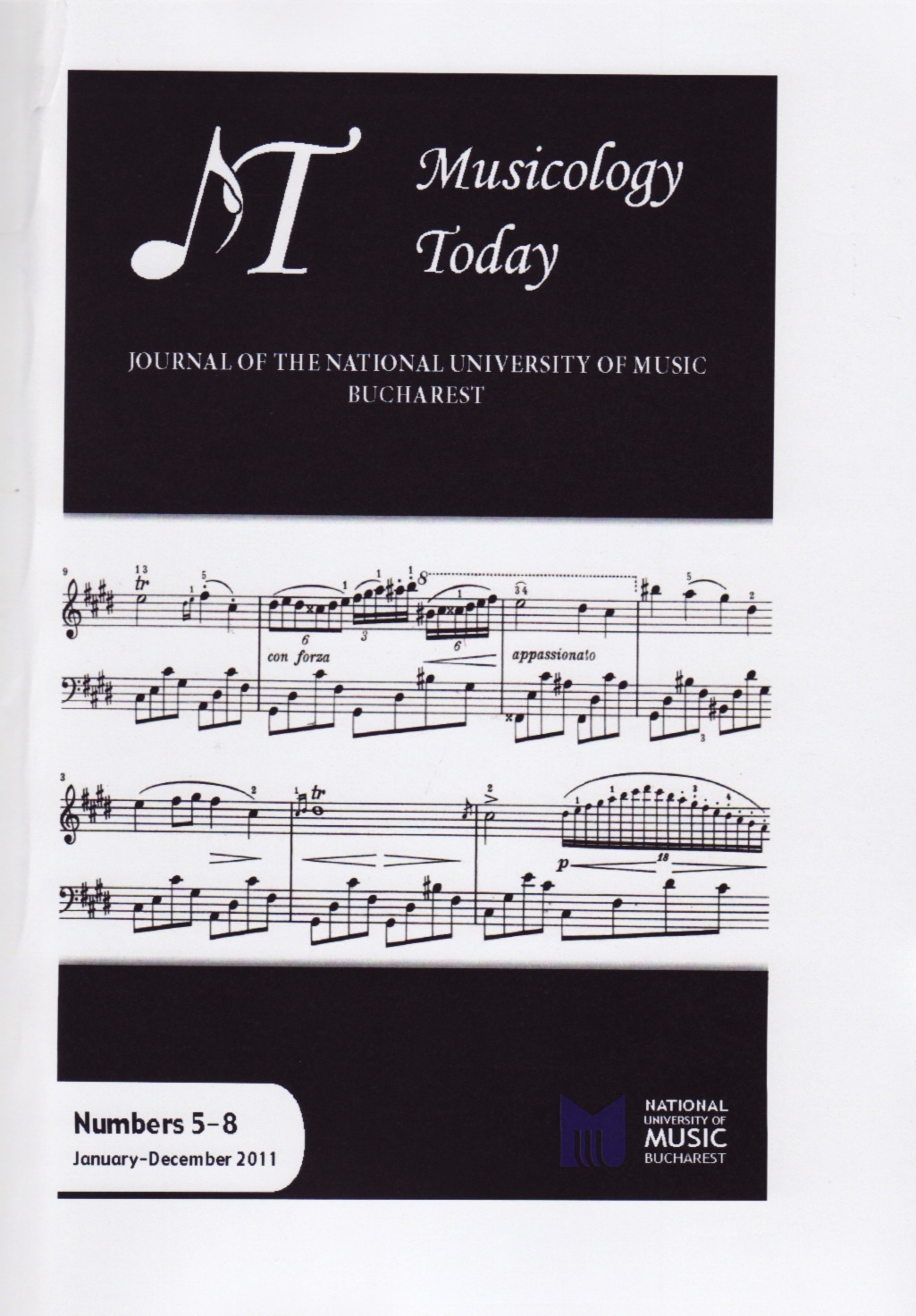Byzantium as a spiritual homeland for a 20th century Serbian woman composer. Ljubica Marić’s bridging centuries
Byzantium as a spiritual homeland for a 20th century Serbian woman composer. Ljubica Marić’s bridging centuries
Author(s): Melita MilinSubject(s): Music
Published by: Editura Universității Naționale de Muzică din București
Keywords: Byzantium; Serbian woman composer; Ljubica Marić;
Summary/Abstract: In the oeuvre of Ljubica Marić (1909–2003), who was one of the most outstanding Serbian composers, a prominent place is occupied by works in which different and subtle ways of communication with the Byzantine past have been created. A radical modernist in her youth, member of Alois Hába’s avant-garde circle in Prague in the 1930s, after 1955 she turned to the cultural heritage of the Serbian Middle Ages, which she viewed essentially as an integral part of the much wider Byzantine culture. The fact that Yugoslavia was a communist country at the time, very much isolated from Western influences, had certainly a role in her becoming fascinated with Byzantium. After having discovered the Serbian orthodox chant, especially the collection of Octoechos chants, she started to compose works based on organized fragments from it. The most important among those pieces are those that make the cycle Musica octoicha, whose especially elaborated part is the Byzantine concerto for piano and orchestra (1959). When compared to her early atonal music and several post-war pieces close to Socialist Realism, the encounter with the Byzantine heritage proved to be most potent in provoking a creative response that was far from avant-garde trends of the times, but nonetheless modernist and intense. Ljubica Marić’s “dialogues” with the past were at the same time a quest for national and individual identity, and musical meditations on time, transience and lasting values. Her works could get new layers of meaning if compared with the compositions of other authors – mainly y those from orthodox Christian countries – that have also been inspired by the rich Byzantine.
Journal: Musicology Today: Journal of the National University of Music Bucharest
- Issue Year: 2/2011
- Issue No: 6
- Page Range: 93-106
- Page Count: 14
- Language: English

